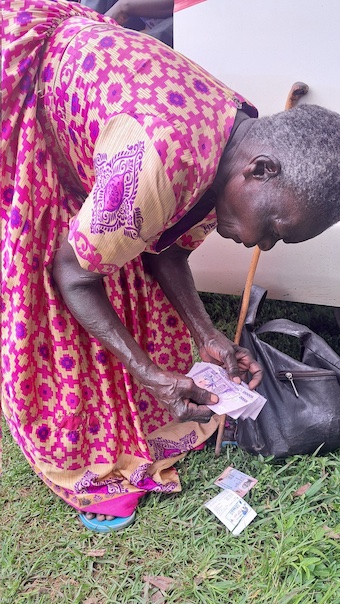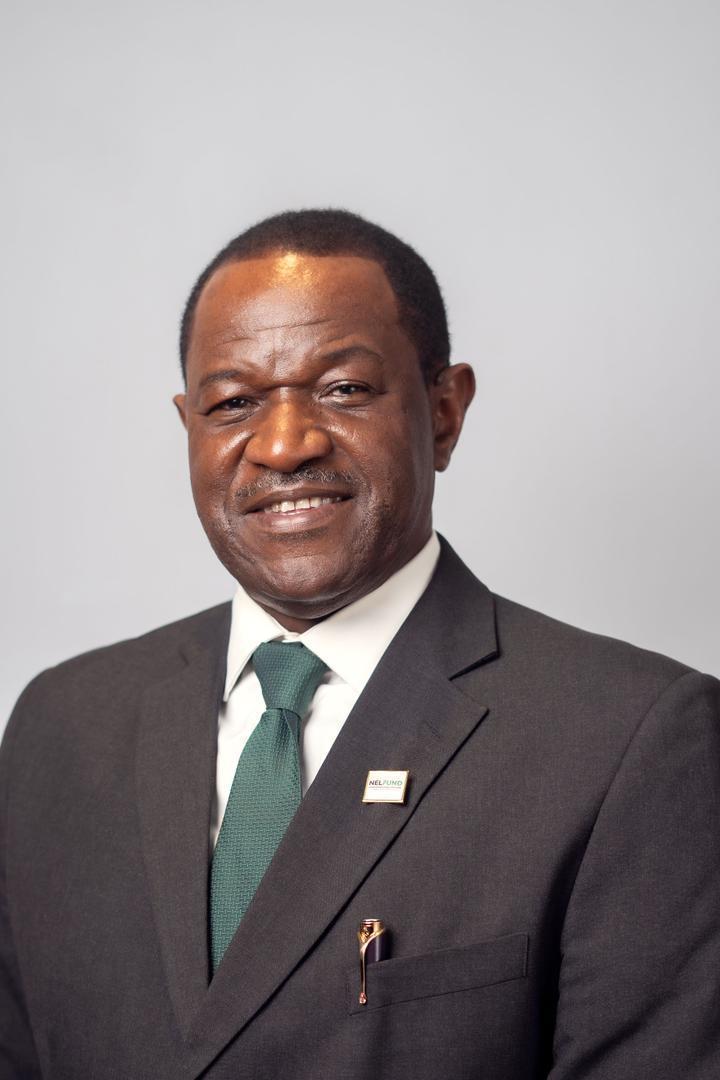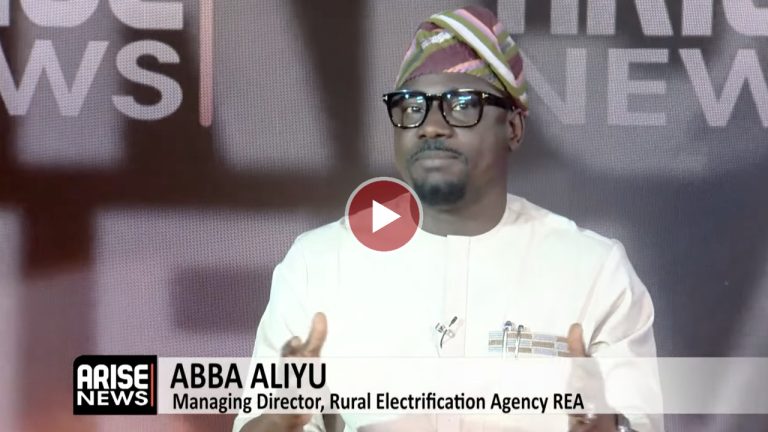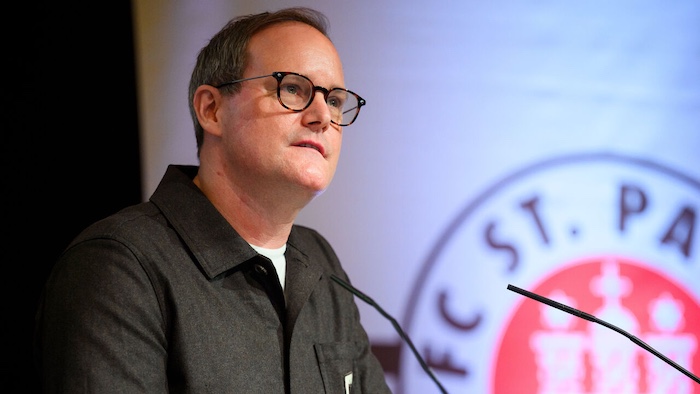
 The World Bank has praised the Ugandan government for lowering the eligibility age for the Social Assistance Grants for Empowerment (SAGE) from 80 to 65 years, one of the most significant policy shifts in the country’s social protection system in recent years.
The World Bank has praised the Ugandan government for lowering the eligibility age for the Social Assistance Grants for Empowerment (SAGE) from 80 to 65 years, one of the most significant policy shifts in the country’s social protection system in recent years.
“This is a big step,” said Daniel Dulitzky, the World Bank’s regional director for Human Development in East Asia and the Pacific, during a high-level meeting at the ministry of Gender, Labour and Social Development (MGLSD).
Dulitzky, who led the bank’s delegation, commended Uganda for its ongoing efforts to strengthen social protection systems and urged the development of a national social registry to help identify and support the most vulnerable elderly people.
“Whenever people talk about Uganda, they recognize it as a country with a youthful population. But the elderly are also many, about 2.5 million people, which is not a small number,” he noted.
Uganda has the second-youngest population in the world, with 73.5 percent under the age of 30, while roughly five per cent are aged 60 and above. Representing Gender minister Betty Amongi, state minister for the Elderly Dominic Gidudu Mafwabi thanked the World Bank for its long-standing support to Uganda’s development, social protection, and skilling programmes.
He said Uganda’s large informal sector reflects a jobs crisis.
“Everyone is trying to survive. That’s why the ministry comes in to identify these people and organise them into a productive force,” he said.
Gidudu added that the government remains committed to improving productivity, expanding employment for young people, and strengthening social protection for vulnerable groups.
He pointed to ongoing programmes such as SAGE, the GROW initiative for women entrepreneurs, the Youth Livelihood Programme, the SENTE programme for informal sector enterprises, and the National Apprenticeships and Graduate Volunteer Programme.
He urged the World Bank and other partners to support priority areas including evidence generation, expansion of entrepreneurship and jobs programmes for youth, and the development of stronger social protection delivery systems, such as a national social registry, payment systems, and management information systems.
“Let’s discuss and see what we can emphasise, and what the World Bank can advise,” he said.
“Social protection is important. Aging is irreversible, and the aged depend on the young. That’s why we plan. We are happy that the government has reduced the eligibility for SAGE from 80 to 65 years, and increased the fund from Shs 25,000 to 35,000.”
Representing the permanent secretary, Labour commissioner Alex Asiimwe said the government is addressing unemployment through evidence-based planning, job and productivity diagnostics, public expenditure reviews, and expanding entrepreneurship and employment programmes for youth.
He emphasised the need to support school dropouts with practical skills to help them enter the labour market.
“It is good that the World Bank is leading on skills and evidence production,” he said, calling for a shared responsibility across government and development partners to expand skilling and improve productivity.
The World Bank’s Pedro Cerdan, lead economist for Education and Skills, echoed the need for rapid progress.
“When someone drops out of school, all they need is skilling so they can be brought into the job system,” he said. “We need to get results very quickly and promote the government’s agenda on skills and jobs. We are looking at the entire value chain.”
Closing the meeting, Minister Gidudu thanked the delegation for its engagement.
“We have realised the need to work together as Uganda and the World Bank,” he said. “We have the skills and you have the funds. We are available as the skilled market for the funds from you.”



